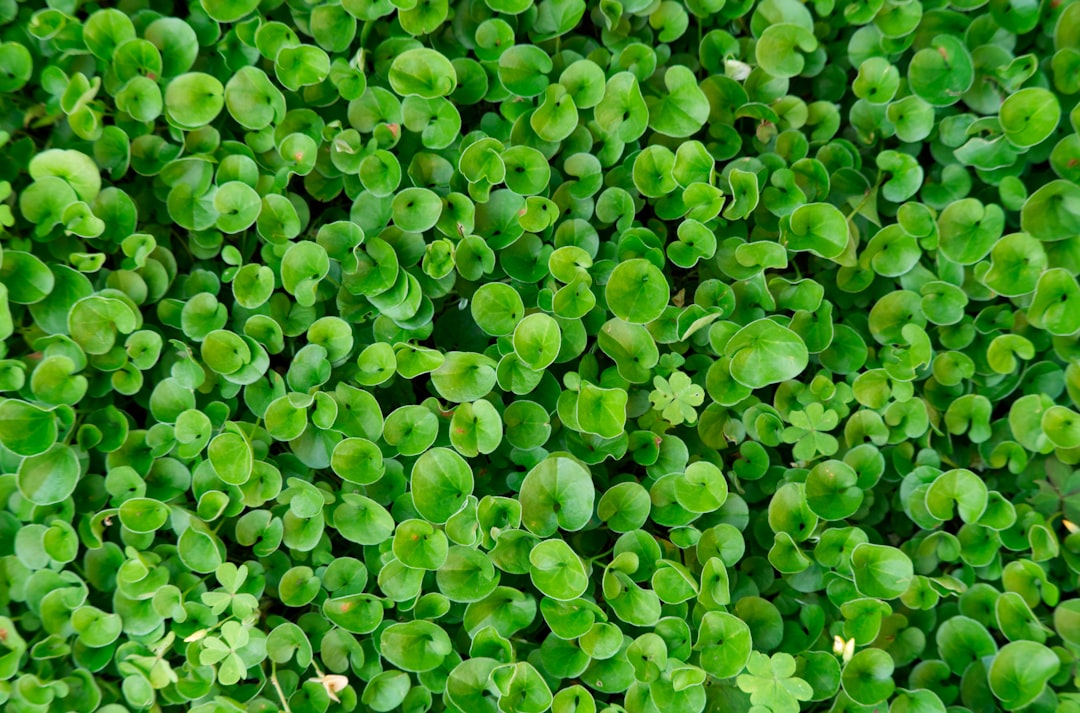The Ever - lasting Allure of Pine Planting

When it comes to gardening, few endeavors can match the long - term rewards and aesthetic appeal of planting pines. These majestic trees have graced our landscapes for centuries, offering not only a touch of natural beauty but also a host of ecological benefits. Let's delve into the world of pine planting and discover why it's a choice that will enrich your garden and the environment for decades to come.
First and foremost, selecting the right location is crucial for the success of your pine trees. Pines thrive in well - drained soil. They have a relatively deep root system that requires soil that allows for proper aeration and water movement. Sandy or loamy soils are often ideal, as they prevent waterlogging, which can lead to root rot and other diseases. Additionally, pines love sunlight. These trees are sun - lovers, and they need plenty of direct sunlight to grow strong and healthy. A location that receives at least six hours of sunlight per day is highly recommended. Whether it's an open field, a hillside, or the edge of a forest, finding a spot with ample sunlight will ensure that your pines reach their full potential.
One of the most remarkable features of pine trees is their year - round color. Unlike many deciduous trees that shed their leaves in the fall, pines retain their needles throughout the year. This means that even in the coldest months of winter, when most of the landscape is barren and brown, your pine trees will stand out with their vibrant green foliage. The evergreen nature of pines provides a constant source of visual interest in your garden, creating a sense of stability and continuity. It's like having a piece of summer in the middle of winter, a reminder of the beauty and resilience of nature.
Beyond their aesthetic value, pine trees play a vital role in creating a valuable habitat for wildlife. The dense branches and needles of pine trees offer excellent shelter for a variety of birds and small mammals. Birds can build their nests in the safety of the pine branches, protected from predators and the elements. Small mammals such as squirrels and chipmunks find refuge in the hollows of pine trunks and use the fallen pine needles to line their nests. Moreover, pine trees produce pinecones, which are a rich source of food for many animals. Squirrels, birds, and even some insects feed on the seeds inside the pinecones, making pine trees an essential part of the local food chain.
When it comes to planting pines, there are several species to choose from, each with its own unique characteristics. For example, the Eastern White Pine is known for its soft, flexible needles and its rapid growth rate. It can reach heights of up to 80 feet or more, making it an excellent choice for large landscapes. The Scots Pine, on the other hand, is more drought - tolerant and has a distinctive orange - red bark, adding an extra touch of color to your garden. The Austrian Pine is a hardy species that can withstand harsh weather conditions and is often used in windbreaks and erosion control.
Proper care and maintenance are essential for the health and longevity of your pine trees. Regular watering is important, especially during the first few years after planting. Young pine trees need consistent moisture to establish their root systems. However, it's important not to over - water, as this can lead to root problems. Fertilization can also be beneficial, but it should be done sparingly. Using a slow - release fertilizer formulated for evergreen trees can provide the necessary nutrients without causing excessive growth. Pruning is another important aspect of pine tree care. Removing dead or diseased branches can improve the overall health of the tree and prevent the spread of pests and diseases.
In conclusion, planting pines in a suitable location is a decision that offers numerous rewards. From the year - round color they bring to your garden to the valuable habitat they create for wildlife, pine trees are a true asset. With proper care and attention, these trees will grow and thrive, becoming a cherished part of your landscape for generations. So, why not take the plunge and add some pines to your garden today? You'll be rewarded with a beautiful, sustainable, and wildlife - friendly outdoor space that will bring joy and wonder for decades to come.